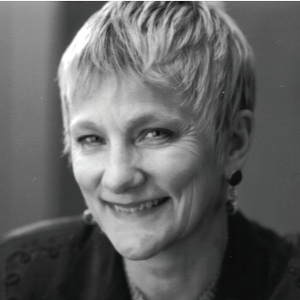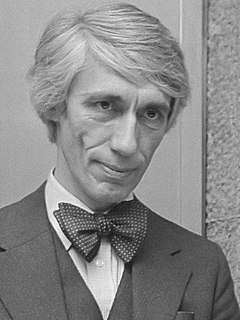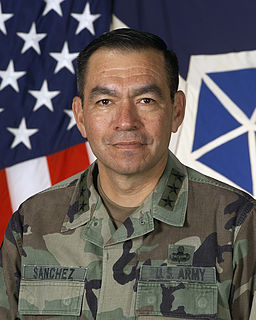A Quote by Anita Borg
We're at unique point in history where the things that we are building are going to significantly impact our social, political, economical, and personal lives.
Related Quotes
For me, what is political is very personal. Politics are not this abstract idea. Laws are the rules that dictate how we live our lives. What we eat is political. How we dress is political. Where we live is political. All of these things are influenced by political decision-making, and it's important to be part of the process.
Those who have had the most impact and influence throughout history and certainly the people who've had the most impact and influence on me personally have been basically entirely unaware of any such influence and made their chief concern their personal devotion and obedience, and the pleasure of God in the hidden things of their lives.
I think that all of the cyber attacks that are taking place, but particularly this - the Russian one, had a profound impact on the American system, on our political process, on our - it invaded the space of our election. The releasing on a regular basis of one party's stolen emails had an impact, and I think that other things also had an impact.
It requires something more than personal experience to gain a philosophy or point of view from any specific event. It is the quality of our response to the event and our capacity to enter into the lives of others that help us to make their lives and experiences our own. In my own case my convictions have derived and developed from events in the lives of others as well as from my own experience. What I have seen meted out to others by authority and repression, economic and political, transcends anything I myself may have endured.
This is what we've been waiting for: finally, an unprecedented critical analysis of the history of Dutch design. Mienke Simon Thomas's Dutch Design is a book to have and to read: an important and richly detailed study of the cultural, economical and social-political context of twentieth-century design in the Netherlands.
In the digital universe, our personal history and its sense of narrative is succeeded by our social networking profile - a snapshot of the current moment. The information itself - our social graph of friends and likes - is a product being sold to market researchers in order to better predict and guide our futures.
I do know that the effect of the tremendous cutbacks on education that we're seeing are going to create a major problem for the country if we don't provide the opportunity to a huge swath of our society. These impacts are going to have an effect across national security, it's going to have an effect across our social services, and of course on the economy, in broad terms. So there is, I think, at least a level of concern that we ought to have at this point in our history.
I think it's hard sometimes for people to grapple with the real-life consequences of political change. I think that, we as a culture, feel like politics is one sector of our lives that can feel apart from our personal lives and the cultural things we're interested in and the sports we watch. It feels like this separate, different thing.
Political philosophy is realistically utopian when it extends what are ordinarily thought to be the limits of practicable political possibility and, in so doing, reconciles us to our political and social condition. Our hope for the future of our society rests on the belief that the social world allows a reasonably just Society of Peoples.




































